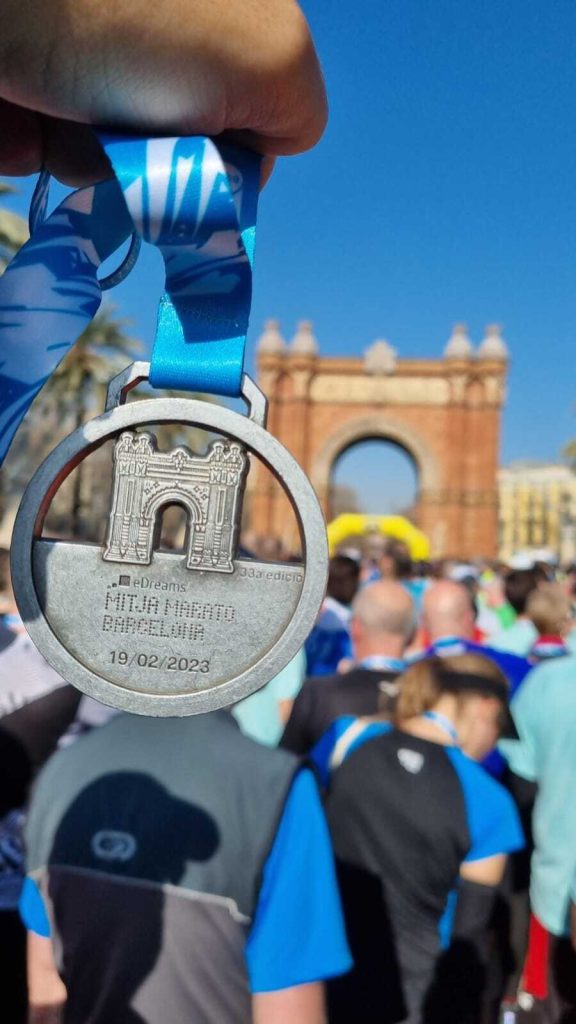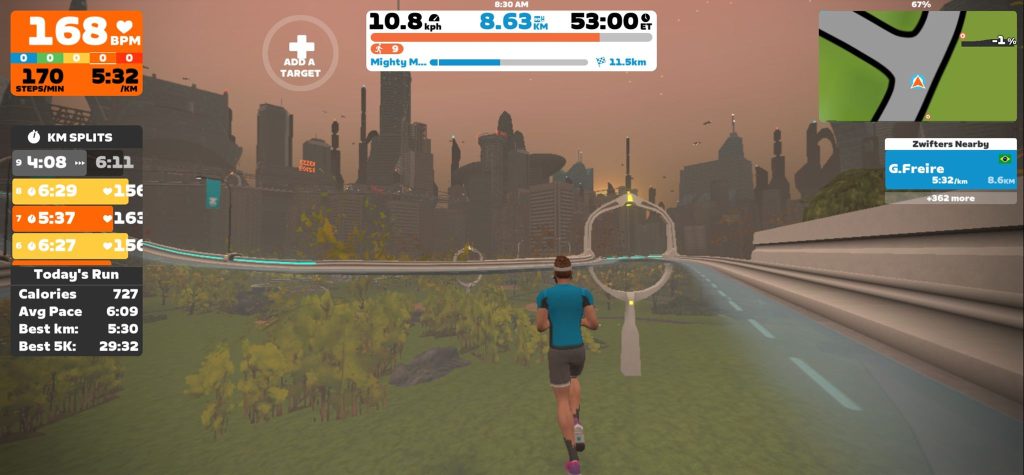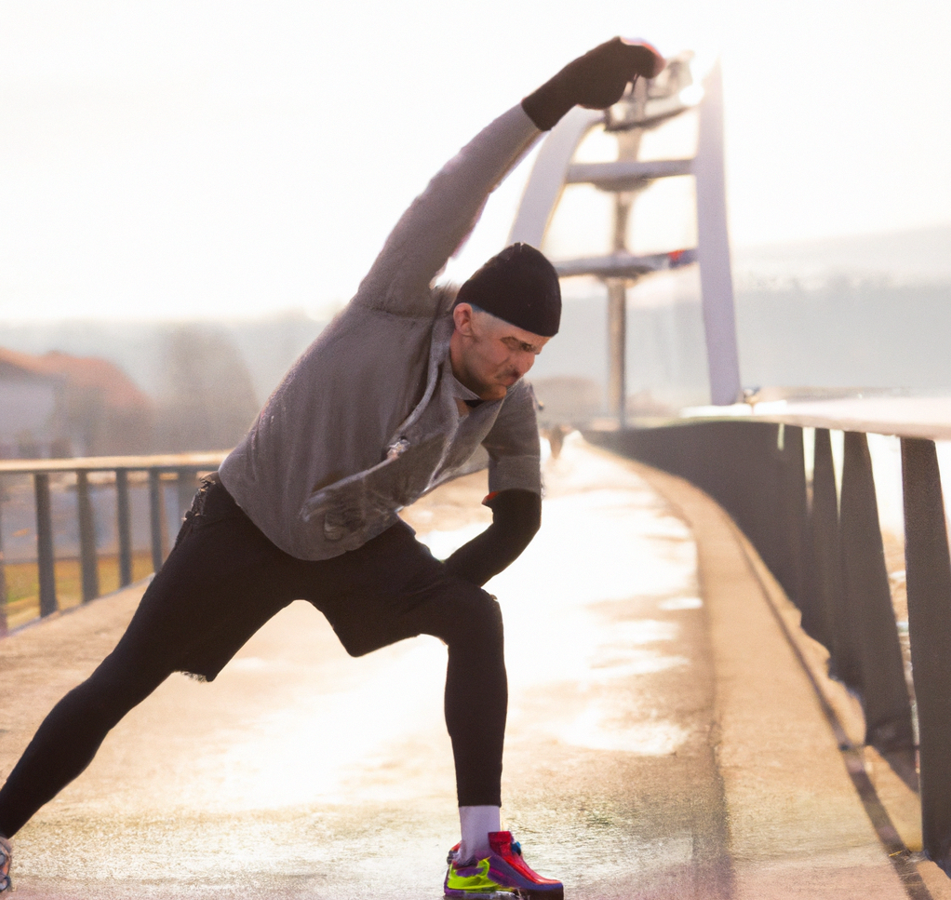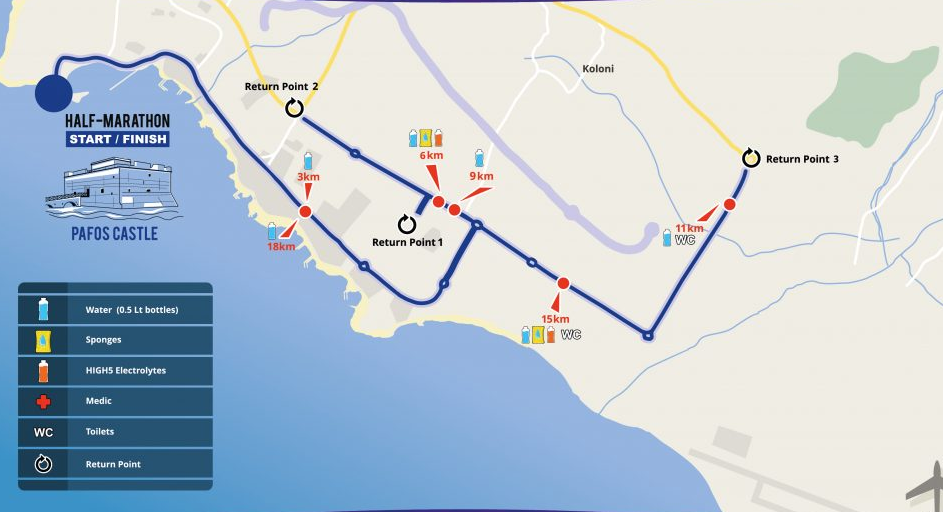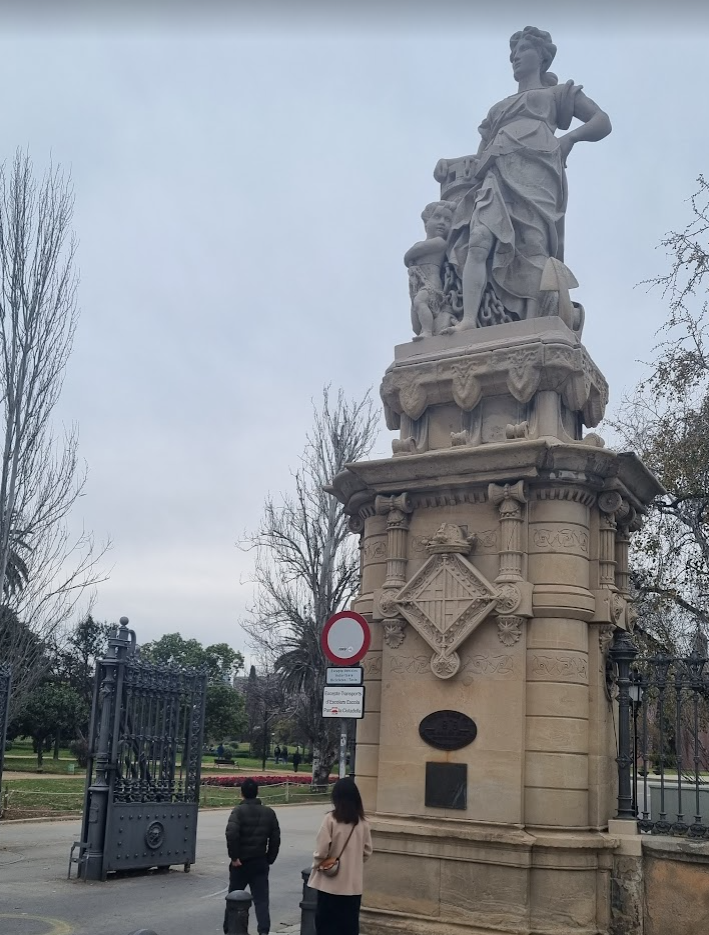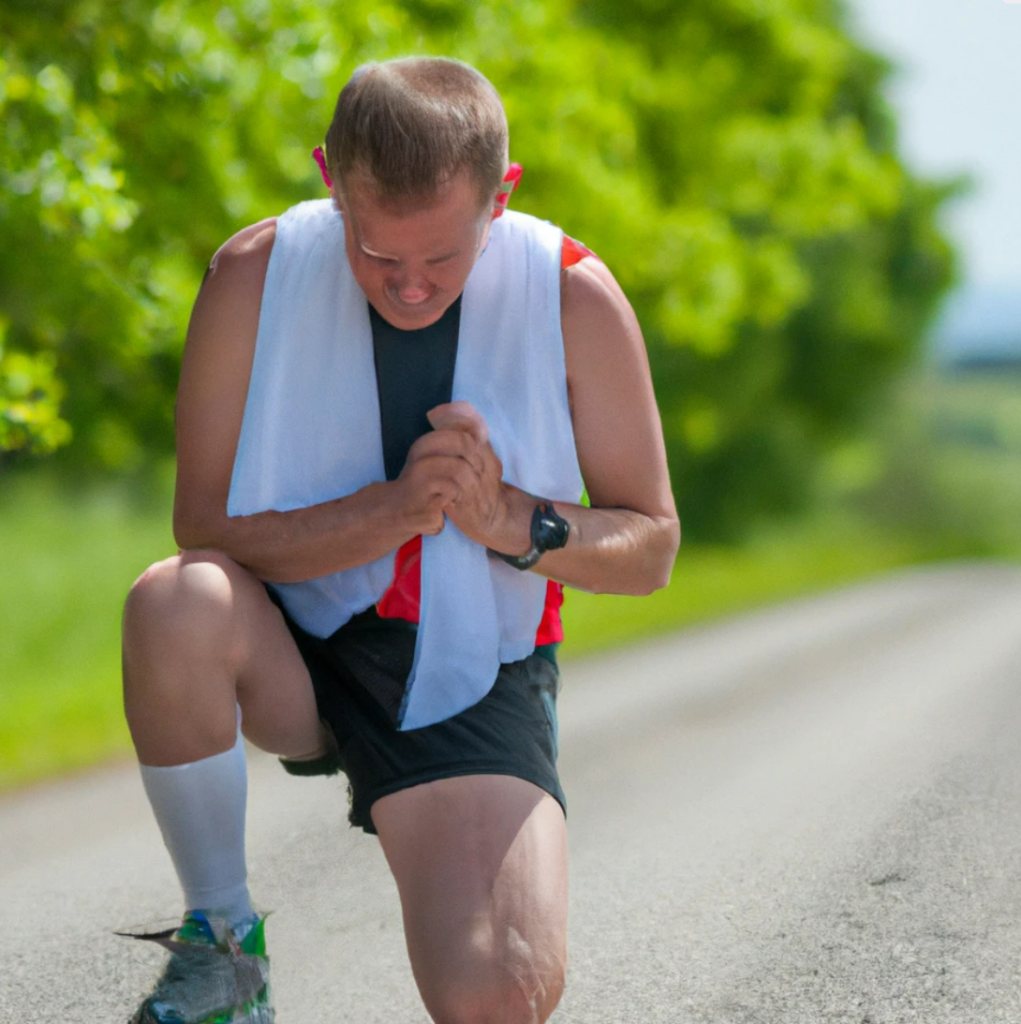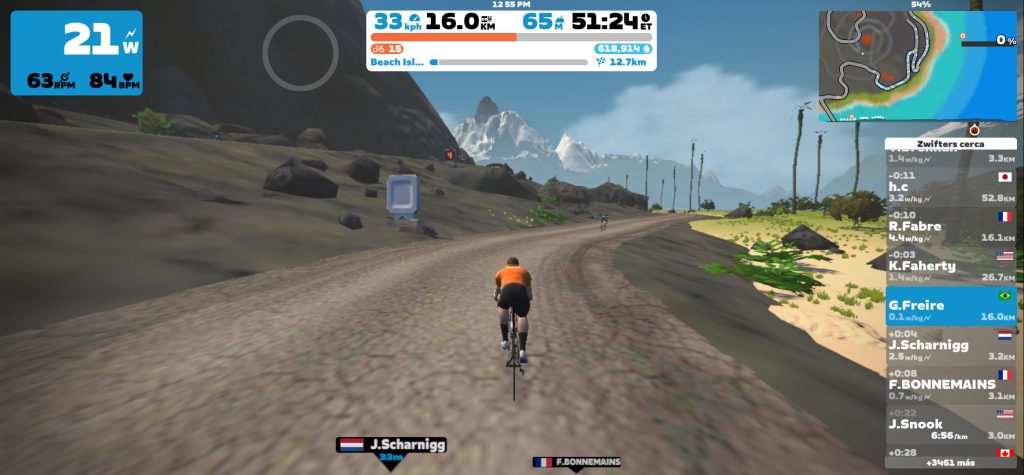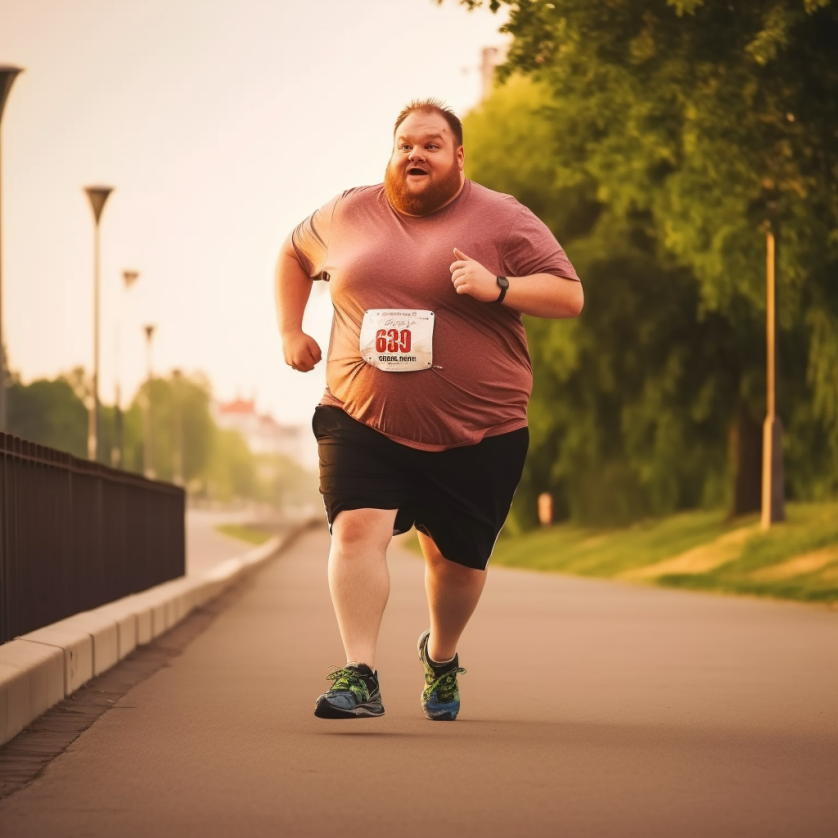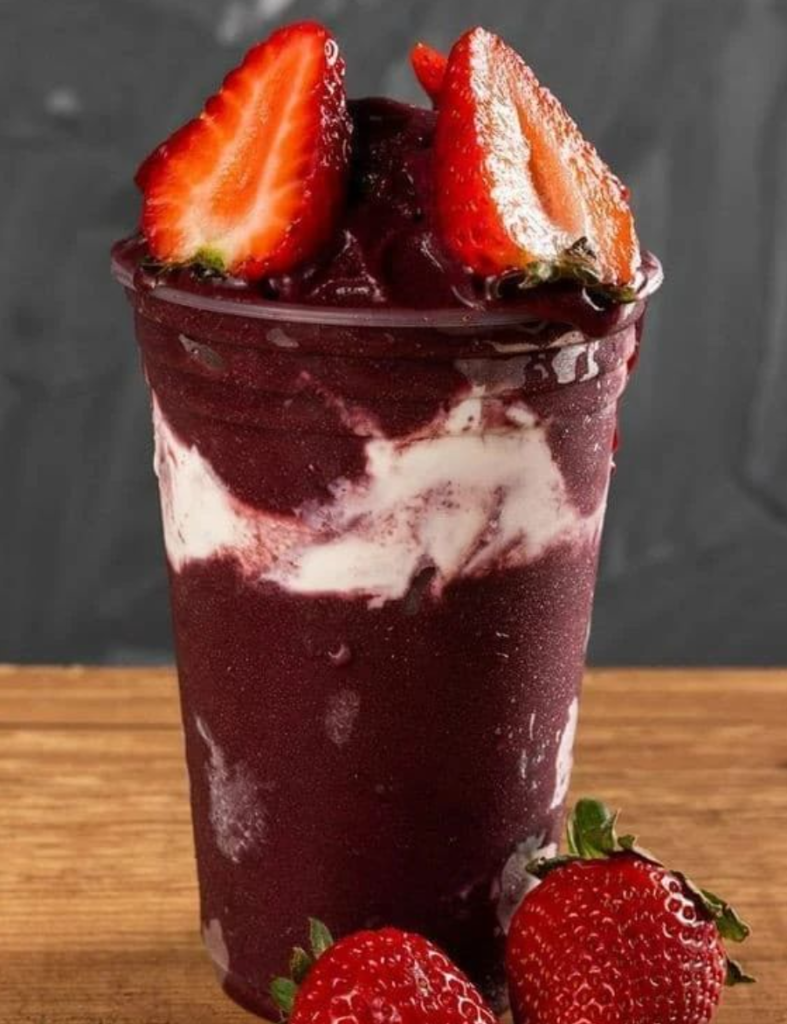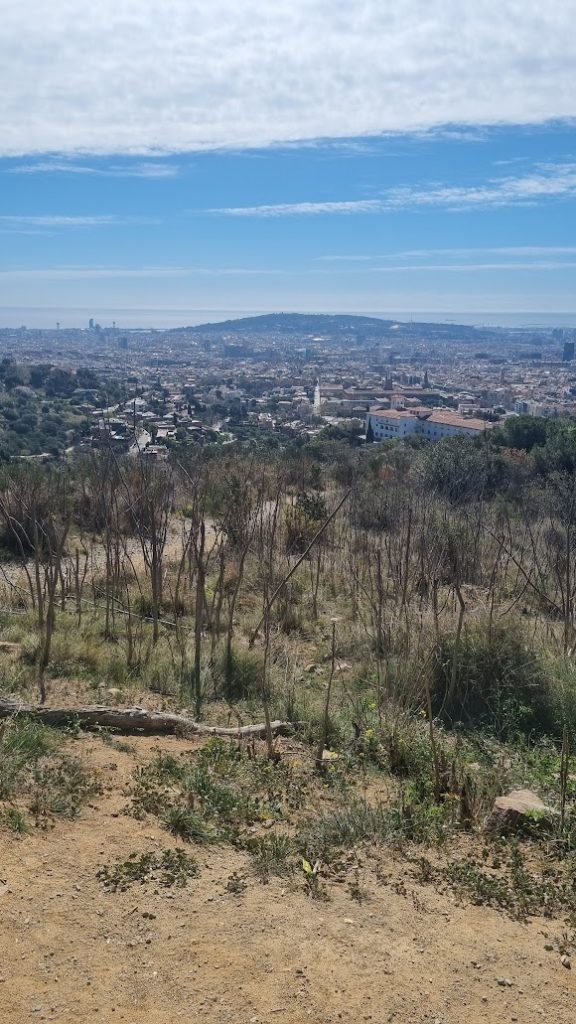I recently had the incredible opportunity to run the Vilnius Half Marathon, held on May 25, 2024, in the stunning capital of Lithuania. As a travel and running enthusiast, I make it a point to combine my love for both in each trip. Arriving three days before the event, I immersed myself in the city’s rich culture and history, setting the stage for a truly memorable race experience.
Pre-Race Exploration
Vilnius, a city steeped in history and bursting with a vibrant cultural tapestry, offered the perfect backdrop for my pre-race exploration. Known for its stunning blend of Gothic, Renaissance, Baroque, and Classical architecture, the city feels like a walk through a living museum. My visits to iconic landmarks began with the Gediminas Castle Tower, an emblematic symbol of Vilnius’s historical and cultural significance. From its summit, I was treated to breathtaking panoramic views that spanned the entire old town, a mosaic of terracotta roofs and spires that seemed to tell stories of the past.
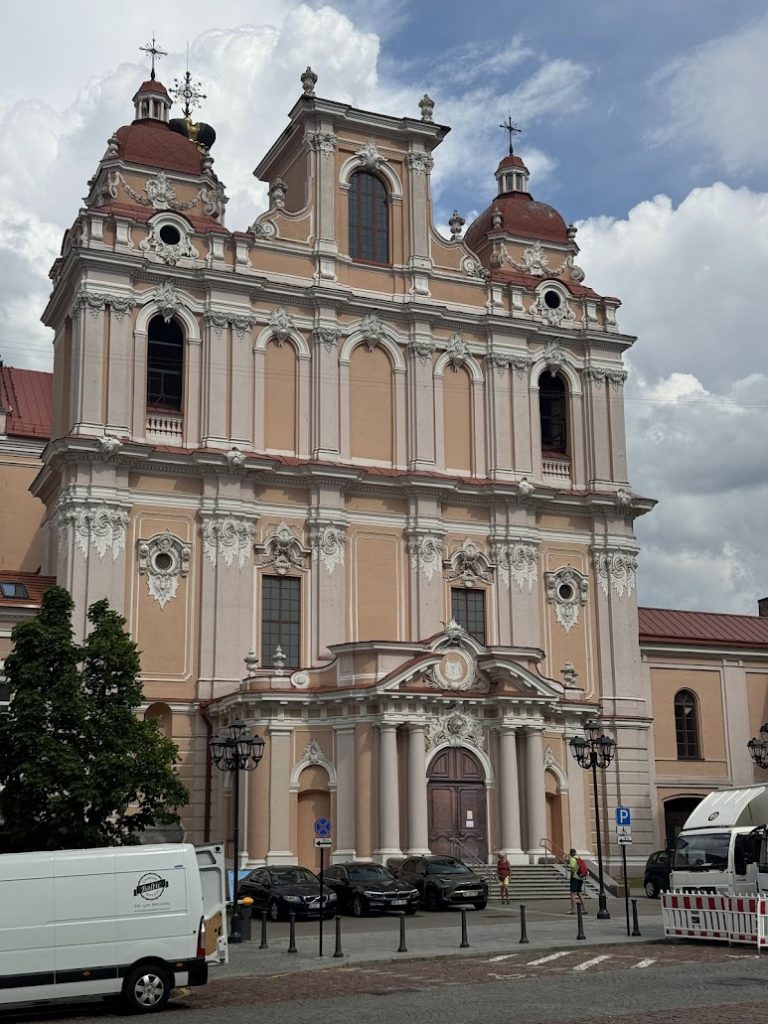
Race Day Experience: A Journey Through Vilnius
The Vilnius Half Marathon was more than a mere race; it was a profound celebration of endurance, community, and the rich tapestry of Vilnius’ history. The preparation went into my training for this event, involving a structured regimen of long runs, interval training, and careful nutrition planning to ensure I was in peak condition to take on the 21-kilometer challenge. As the race day approached, my anticipation grew, not just for the physical test but for the cultural immersion that awaited.
The racecourse itself was a thoughtfully curated tour of the city’s heritage, blending the old with the new. It began in the vibrant heart of the city center, bustling with morning activities, and soon transitioned into a labyrinth of quaint, cobbled lanes that whispered tales of the medieval era under the shadow of historic architecture. The route offered a stark contrast as it unfolded into the wide, modern avenues that showcased the city’s contemporary spirit. Among the architectural gems on our path was the majestic Vilnius Cathedral, standing as a beacon of Lithuanian pride, and the lively Pilies Street, a hub of local culture with its vibrant cafes and unique artisan shops. This meticulously planned course not only challenged our physical limits but also connected us deeply with the soul of Vilnius, making every step a discovery and every mile a memory.
Culinary Delights: Savoring Vilnius
In the days leading up to the race, I indulged in the culinary offerings of Vilnius, which were as integral to my visit as the marathon itself. Lithuanian cuisine, with its rich flavors and hearty ingredients, was a delight. I particularly enjoyed cepelinai, large potato dumplings stuffed with meat, served with creamy sauces or sour cream—an ideal carb-load meal. Another favorite was šaltibarščiai, a refreshing cold beet soup that was perfect for the summer weather.
Each meal was an opportunity to engage with locals, who were eager to share stories about their food and its origins. The restaurants, often family-run, exuded a cozy charm, making each dining experience feel like a meal with family. From quaint cafes tucked away in alleys to bustling marketplaces offering fresh, local produce, Vilnius presented a palette that was as diverse as its landscape, ensuring that each meal was not just nourishing, but also a learning experience.
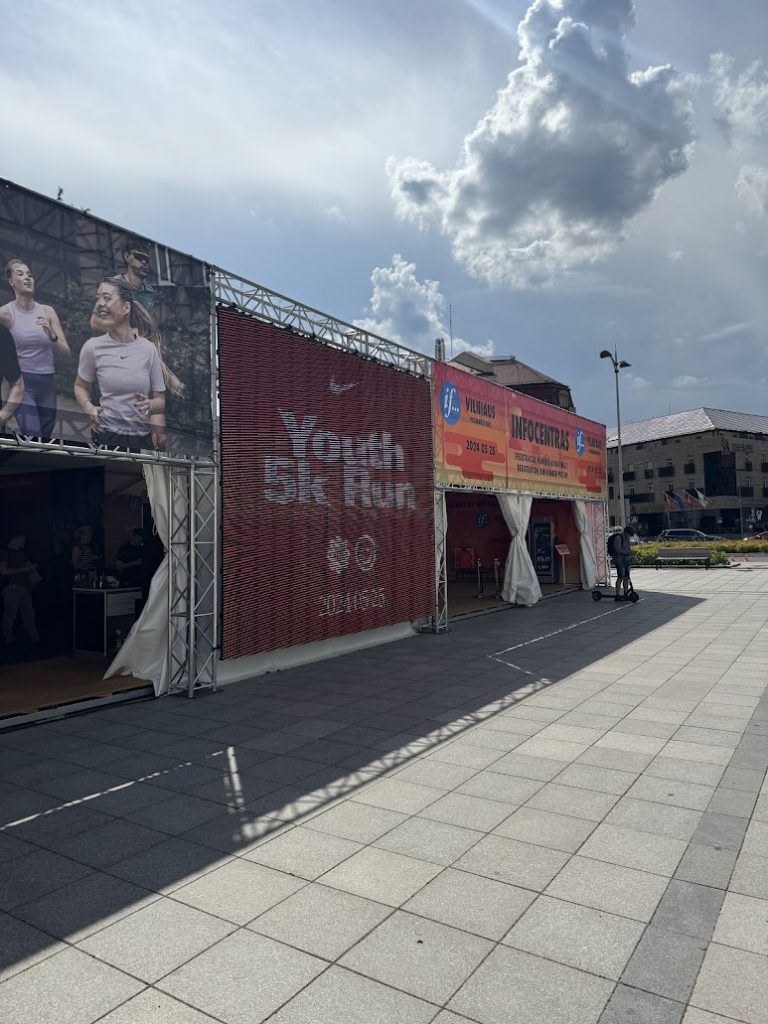
Cultural Immersion: Connecting with Lithuanian Heritage
The cultural vibrancy of Vilnius was on full display throughout my visit. The folk festivals were particularly mesmerizing. Attending these events allowed me to see traditional Lithuanian culture in action—dancers in colorful costumes performing ancient dances, musicians playing traditional instruments, and artisans showcasing their crafts. These festivals were more than just entertainment; they were a celebration of Lithuanian identity and heritage.
This immersion into the local culture provided a poignant counterbalance to the physical demands of the marathon. It was a reminder of the power of travel to not only challenge the body but also enrich the soul. Engaging with the local traditions and the people who preserve them offered a unique perspective on Lithuania, one that went beyond the typical tourist experience to foster a genuine connection with the place and its history. This deep dive into the cultural heart of Lithuania made the trip truly transformative, highlighting the unique bond between the physical journey of the marathon and the cultural journey through Lithuanian life.

